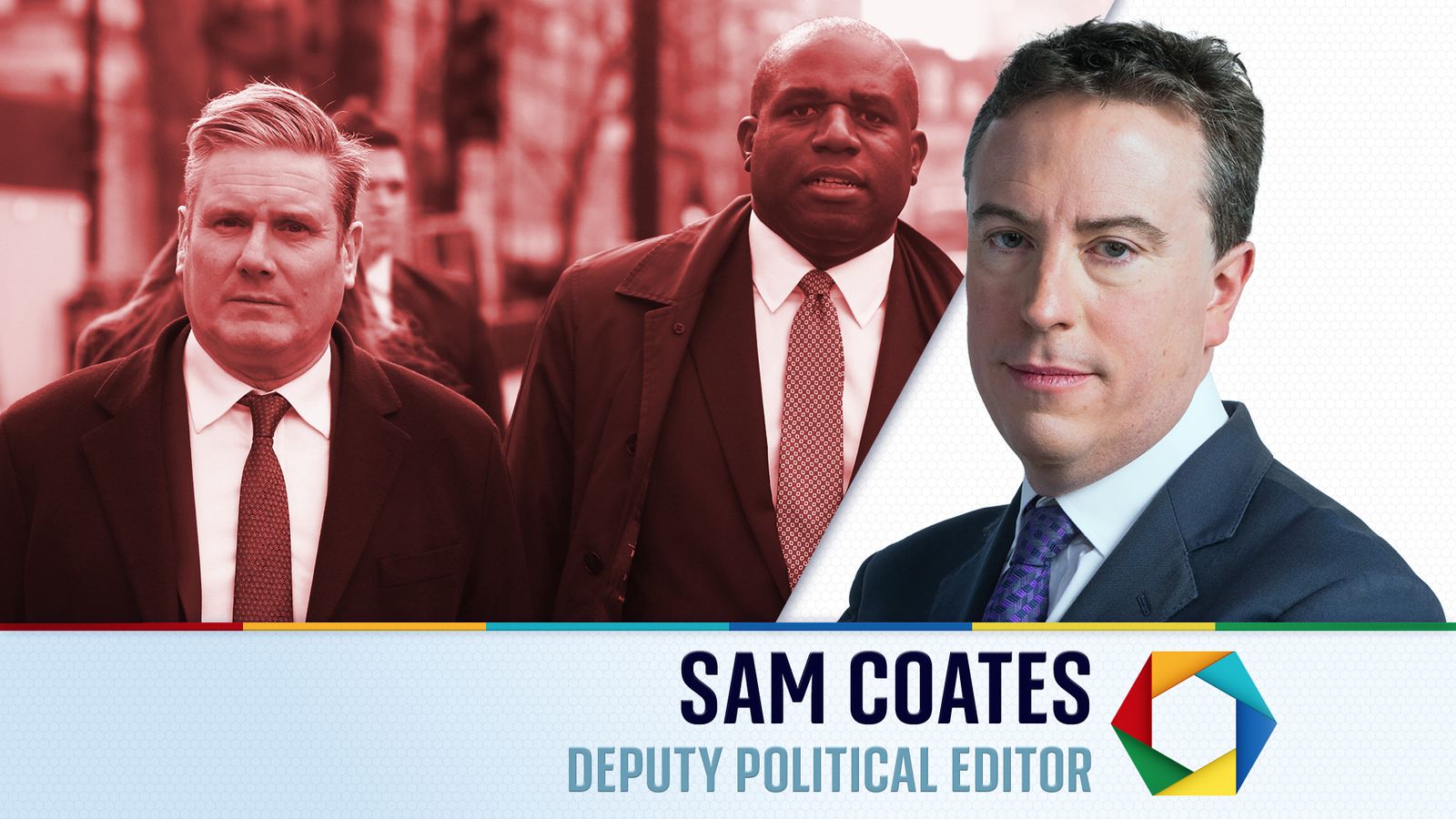From 1 April, 129 of 137 councils in England which have published their budgets are increasing council tax by the maximum 4.99% allowed, or have a special dispensation to go higher.
Only eight are sticking below the maximum threshold, though not by much. The lowest rises are Hartlepool at 2.99% and Rotherham at 3.5%.
Use the below table to see how much council tax is increasing in your area, and what this means for council tax bills for people living in Band D properties.
This time last year, around one in three of the same councils raised tax at or above 4.99% – compared to more than nine in ten this year.
This also means a significant number of households will be experiencing a second consecutive year of increases at this level.
The County Councils Network (CCN), which collected this data, is a local government organisation representing 2,600 councillors across England.
They say rises are in response to increasing cost pressures, including demand for care services.
The government provided £600m in additional funding for councils last month, but there is still an overall deficit in funding.
Vice-chair of the organisation Cllr Sam Corcoran says: “County authorities still face a £1.1bn budget shortfall over the next two years.
“With council tax now accounting for two-thirds of the average county authority’s funding, we have little choice but to take the difficult but necessary decision to raise council tax by 4.99% to continue to protect services and ward off the threat of financial insolvency in the future.
“No council leader takes the decision to raise council tax lightly as we know this will add to the cost of living for residents, but councils have had little choice but to put up council tax due to the increased demands, particularly in children’s services.
“The next government must set out a long-term funding plan for councils while also undertaking a comprehensive reform programme to help drive down costs, especially for children’s services and home to school transport.”
This financial strain can be seen in a number of insolvencies declared in recent years, most recently Nottingham Council for a second time, and in September 2023 Birmingham City Council – the largest local authority in Europe.
Since 2020, six English councils have issued Section 114 notices – declaring effective bankruptcy – compared to six in a 30-year period spanning from 1988 to before the pandemic.
In such cases, drastic cuts to council services, which include adult social care services, may be implemented as well as in many cases higher than average increases in council tax for local residents.
Birmingham City Council increased council tax by 4.97% last year, and just announced increases of 9.99% each year over the next two years.
This means for a mid-value Band D property, over a three-year period, there will have been an increase of £420 in the annual council tax bill.
Birmingham has a £300m budget shortfall to make up over the next two years and has outlined plans for savings to make up the deficit.
At £115.5m, the biggest cuts are to spending on children and families services, of which £2.3m comes from youth services including services tackling youth unemployment and knife crime prevention and a further £16.8m cuts to ‘early help’ services for children, young people, and families.
Adult social care services are facing cuts of £76.6m, and other cuts include ‘dimming and trimming’ street lighting, reduced spend on highway maintenance, moving to fortnightly bin collections, and cutting homelessness funding by £288,000. The council also anticipates, subject to consultation, as many as 600 employees may be made redundant across the council.
Leader of Birmingham City Council Cllr John Cotton said: “I want to apologise unreservedly for both the significant spending reductions and this year’s substantial council tax increase. We have no alternative than to face these challenges head on…
“Our situation has been made much worse by a national crisis in local government finance. A combination of austerity and underfunding – Birmingham has lost over £1bn in funding since 2011 – added to a rising demand for services and inflation mean that, across the country, local authorities are facing some of the biggest budget challenges in living memory.
However, Cllr Robert Alden, leader of the opposition Conservative group at Birmingham City Council, said: “The reality is that the council has a larger budget now than it did five years ago. Birmingham Labour need to stop blaming others for the mistakes of their failures.
“While we all want to see more money for local government, [the cause of budget issues in Birmingham] is Labour’s failure to pay staff correctly, causing a £760m equal pay liability. A botched IT rollout causing £140m to be spent on a £19m budget and rising, and a failure to get a grip of their budget crisis of their own making quickly enough.
“What the Labour councillors here in Birmingham are proposing is a devastating attack on front-line services. They are going to leave Brummies with a double-whammy of higher taxes for fewer services.”
Tim Andrews, co-founder and chair of LoveBrum, an umbrella charity for small volunteer organisations in Birmingham, told Sky News how he thought the changes would affect people in the city.
“We won’t know what the full effects for people are going to be until the cutbacks start to come through, we might not see them [the effects] for ten years or more, but what we do know is that the city is already hurting in many places.
“We are at the top of all the wrong charts – knife crime, gun crime, the number of under-8s that can’t read or write English – these are all really bad statistics. Any further cutbacks affecting any of that are going to be bad news.”
Thurrock Council, which is also insolvent and is aiming for budget savings of £18.2m in the coming year, has raised council tax by 9.99% last year and will be raising it again by 7.99% this year.
Current budget cuts under consideration include £2.2m savings in healthcare, although a final budget will not be announced until later this month. Sky News approached Thurrock Council for comment.
Two other councils with permission to increase council tax above 4.99%, Slough and Wokingham, have yet to announce their planned council tax rises or publish budgets for the 2024/25 financial year.
The Data and Forensics team is a multi-skilled unit dedicated to providing transparent journalism from Sky News. We gather, analyse and visualise data to tell data-driven stories. We combine traditional reporting skills with advanced analysis of satellite images, social media and other open source information. Through multimedia storytelling we aim to better explain the world while also showing how our journalism is done.










